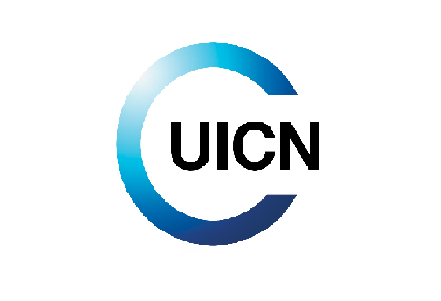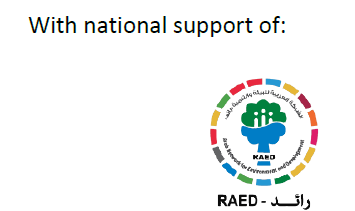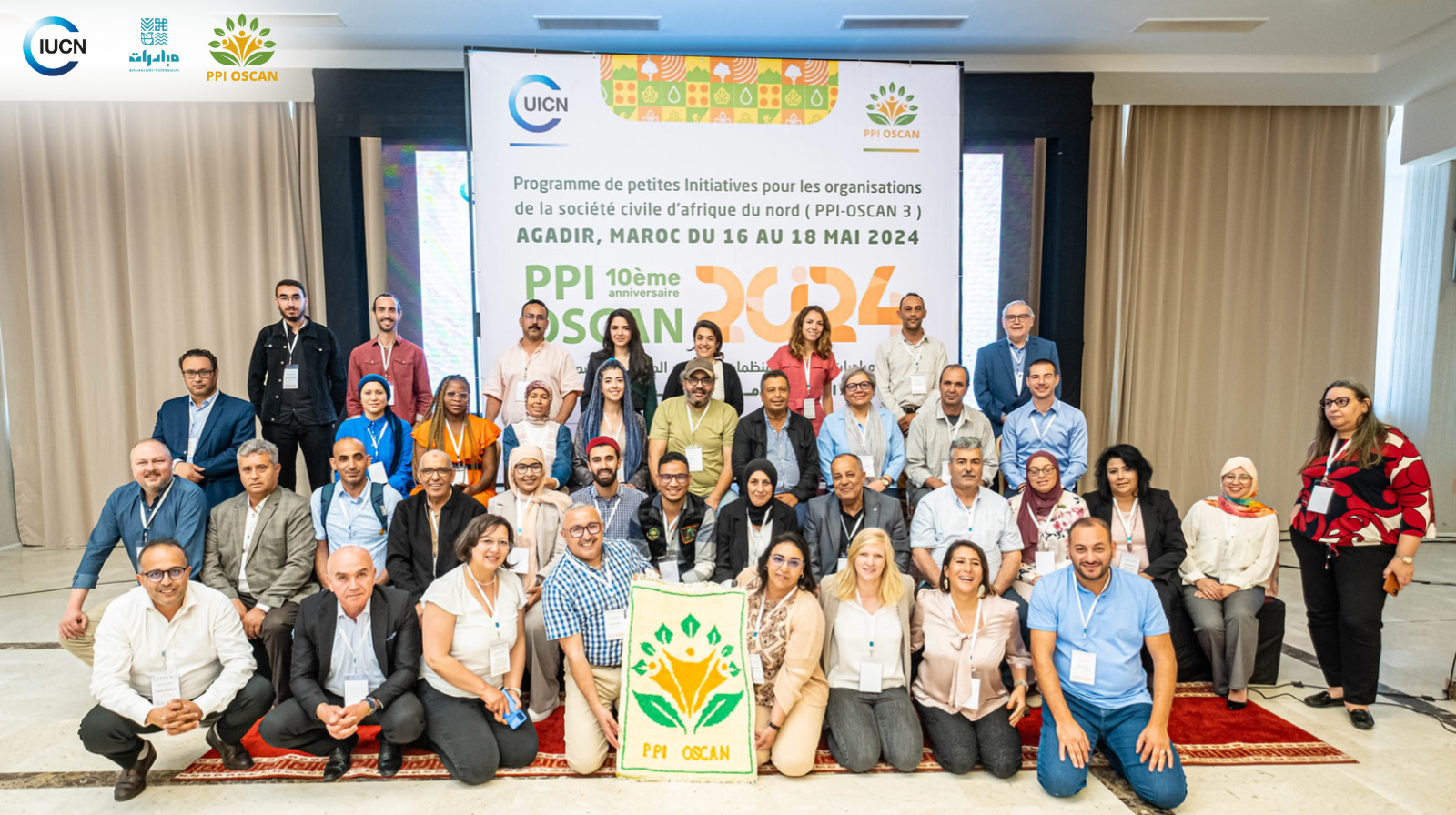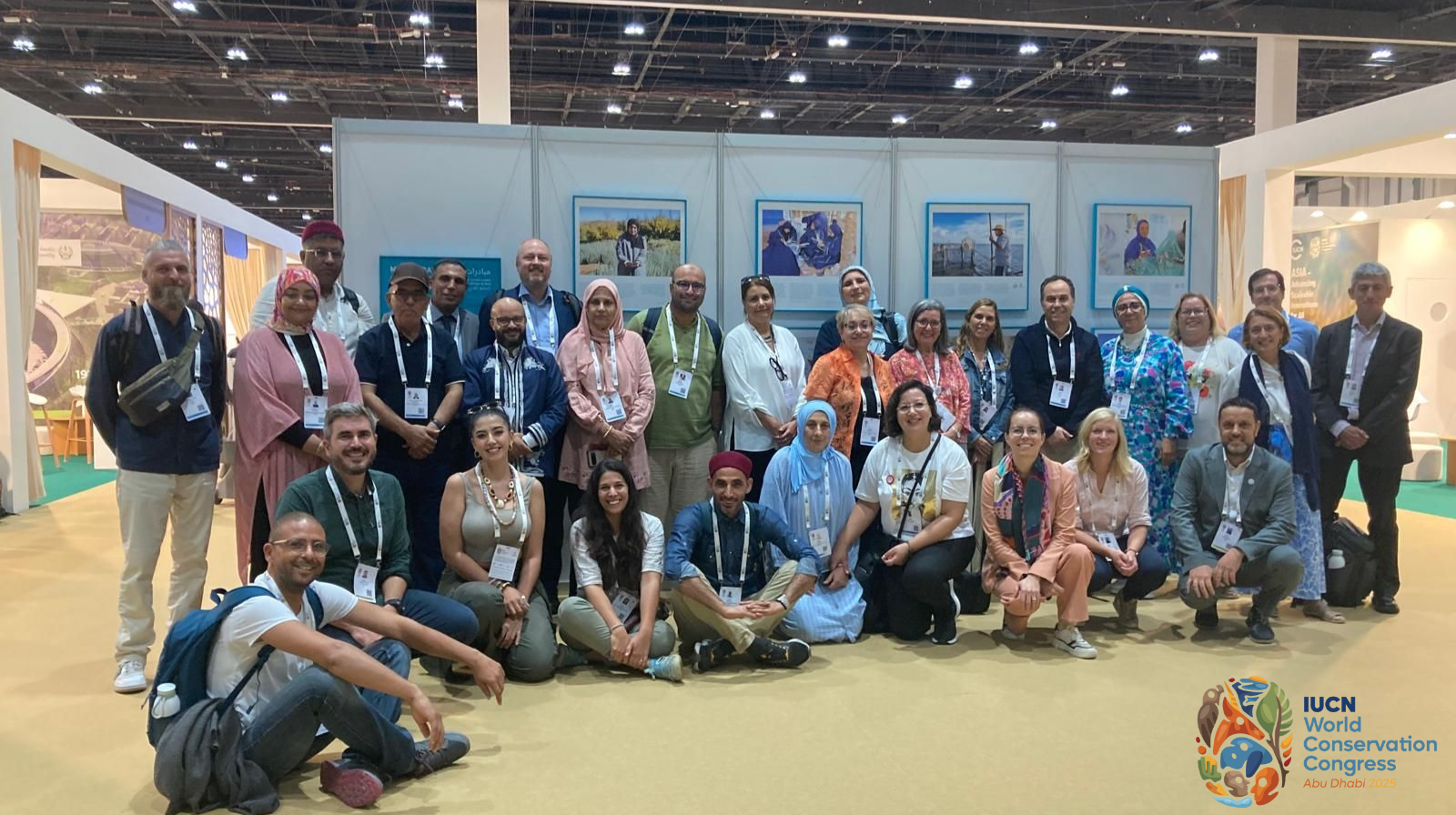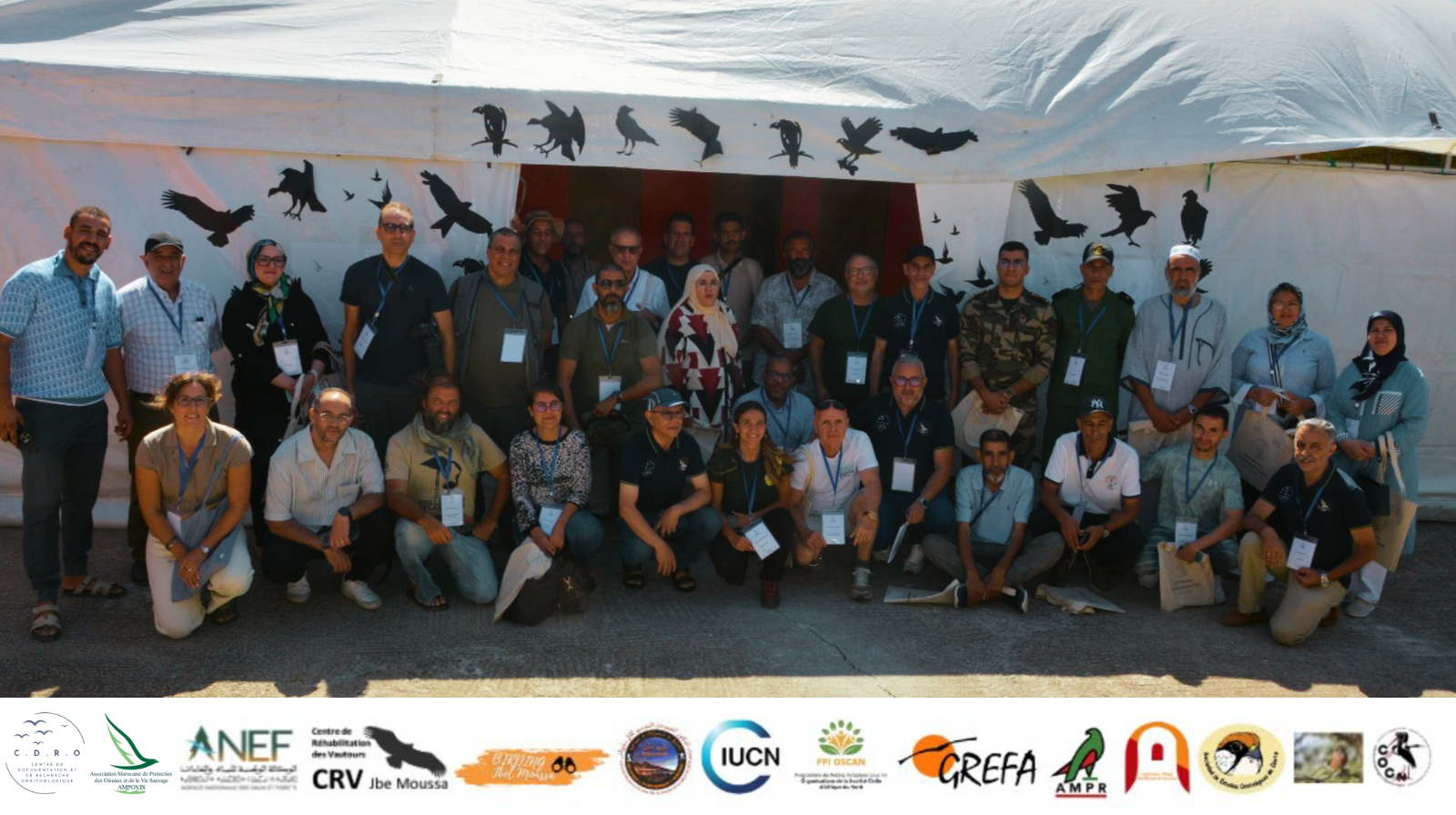As part of the third phase of the Small-Scale Initiatives Program for North African Civil Society Organizations (PPI OSCAN), the International Union for Conservation of Nature – Mediterranean Cooperation Center (IUCN-Med) is enhancing its support for civil society organizations in Egypt by supporting three young local associations in implementing environmental projects.
This initiative is made possible thanks to increased collaboration with the Arab Network for Environment and Development (RAED), an IUCN-Med member since 2016, which will ensure the national coordination of the three beneficiary projects. Founded in 1990, RAED brings together more than 250 members from Arab countries in North Africa and West Asia. Its mission is to strengthen regional cooperation in environmental protection and sustainable development. As the national coordinator, RAED ensures that the initiatives of the PPI OSCAN-supported associations align with national and regional environmental priorities while facilitating the sharing of expertise among organizations.
This synergy between PPI OSCAN and RAED will enable the selected Egyptian organizations to benefit from both financial and technical support, fostering the development of innovative and sustainable solutions to local environmental challenges.
The three subsidized projects focus on environmental protection and biodiversity conservation in key regions of Egypt:
- The project “Protecting Sea Turtles in Arish to Preserve Biodiversity”, led by the Sinai Women’s Rights Association, aims to protect sea turtles along the coast of Arish. The project trains civil society members and stakeholders on turtle protection, sustainable fishing practices, and nesting site management, while also involving local youth in monitoring turtle populations.
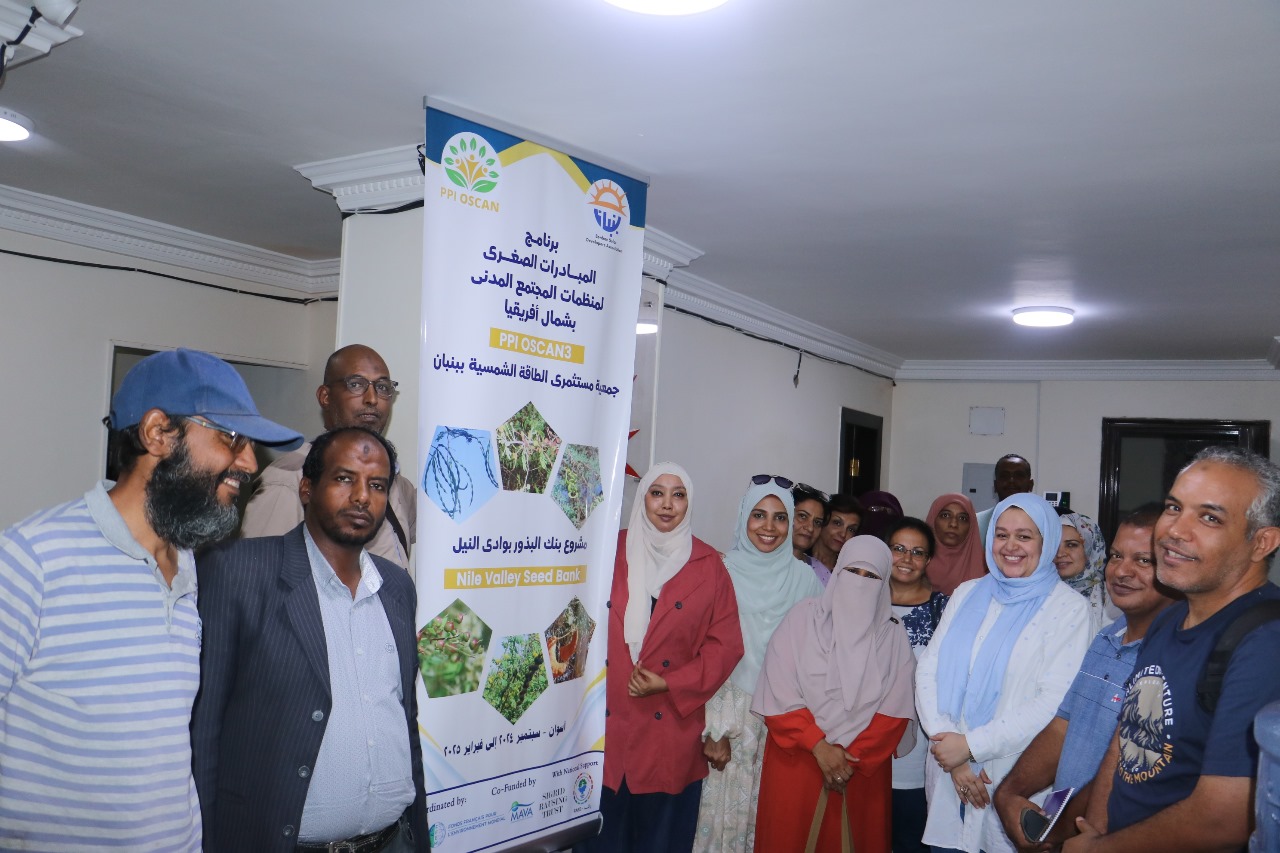
- The project “Green Way to Improve Air Quality”, led by the Youth Foundation for Development and Creativity in Cairo, aims to restore natural ecosystems and increase vegetation cover in the governorates of Cairo, Port Said, Suez, Kafr El-Sheikh, and Fayoum, improving air quality and preserving natural habitats for biodiversity.
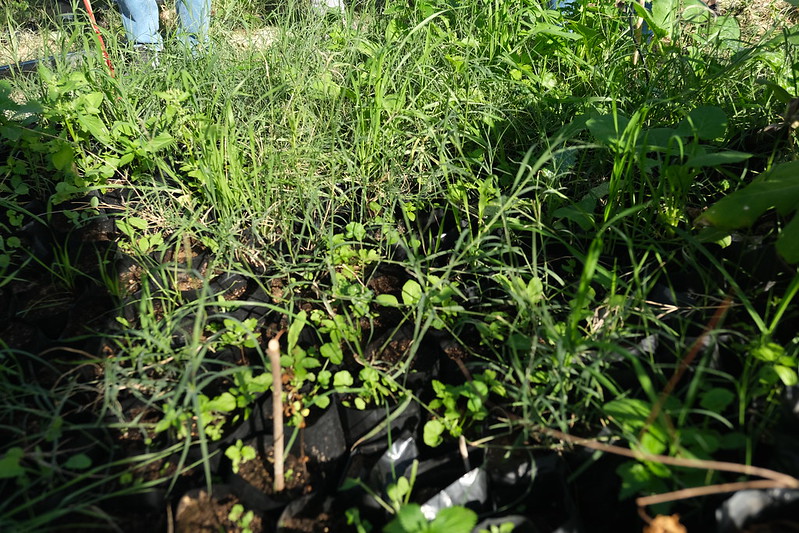
- The project “Nile Basin Seed Bank”, carried out by the Benban Solar Energy Investors Association for Community Development in Aswan, focuses on collecting and conserving seeds from various plant species in the Nile Basin, including rare and endangered species, in partnership with the National Research Center and the Desert Research Center
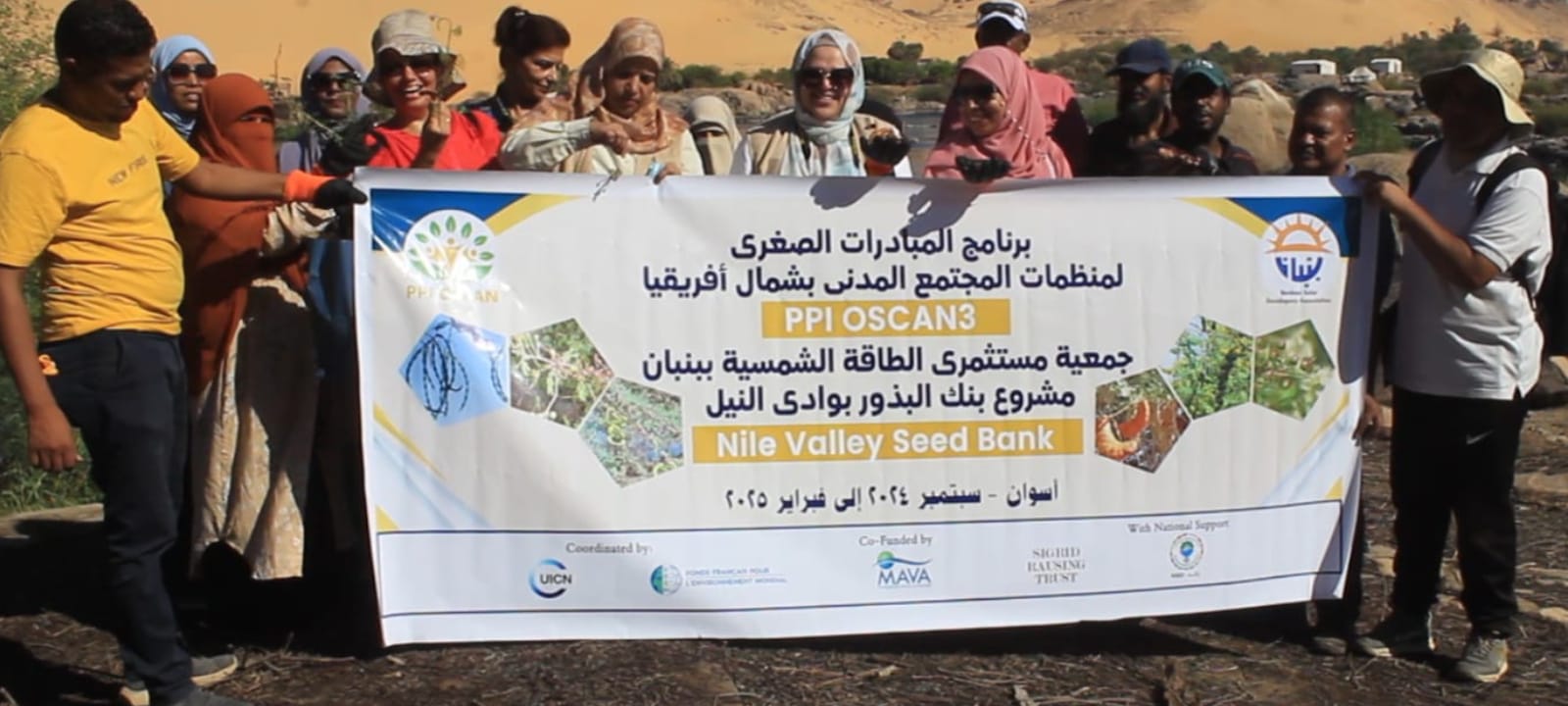
Since its launch in 2014, PPI OSCAN has strengthened the capacities of 110 civil society organizations in North Africa, enabling them to play a key role in environmental protection and sustainable development. This new phase marks a significant turning point in the collaboration between IUCN-Med, RAED, and Egyptian civil society actors, aiming to maximize the impact of environmental initiatives at the local and regional levels.
The third phase of the Small-Scale Initiatives Program for North African CSOs (PPI OSCAN), is coordinated by the IUCN Mediterranean Cooperation Center, and funded by the French Global Environment Facility (FFEM), the MAVA Foundation, and the Sigrid Rausing Trust. The funded projects aim to conserve species and ecosystems with remarkable biodiversity and to highlight the benefits of conservation and sustainable livelihoods. To learn more about the PPI OSCAN 3 projects: Projects – MUBADARAT).
